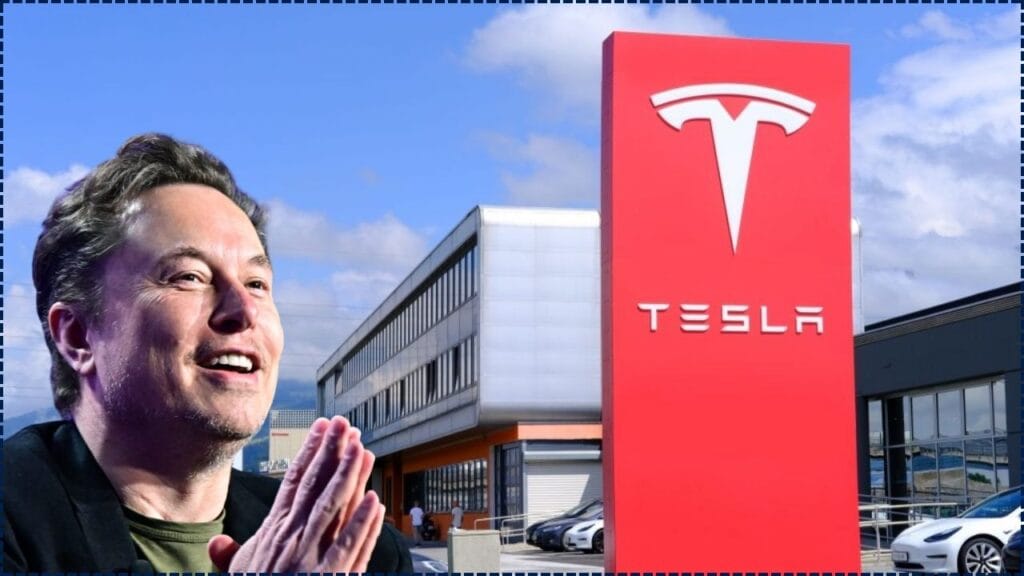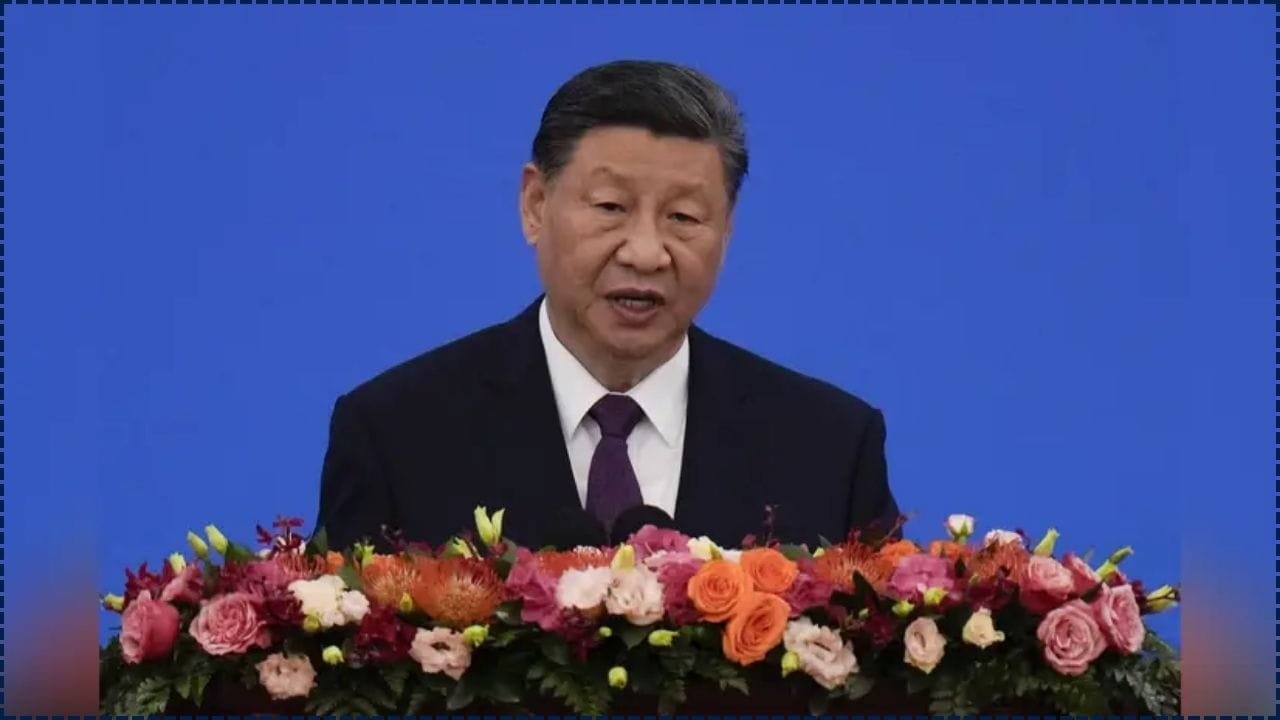Tesla investors are raising their voices in 2025, asking a big question: Should Elon Musk, the man who made electric cars cool, commit full-time to running the company he founded? With declining sales, a shrinking market share, and his attention split between multiple companies, many stakeholders are saying, Enough is enough—Musk needs to punch the clock like the rest of us.

This article breaks down the investor pressure on Musk, Tesla’s financial performance, and what it all means for shareholders, employees, and customers. It also dives into what’s next for the world’s most recognizable CEO and the EV brand he helped create. We’ll explore his leadership style, past wins, current distractions, and what actions both investors and Tesla’s board are considering to ensure the company gets the focus it deserves.
Tesla Investors Demand He Punch the Clock
| Topic | Details |
|---|---|
| Investor Concerns | Major shareholders demand Musk work 40 hours/week for Tesla (NY Post) |
| Tesla’s Q1 2025 Profits | Down 71% compared to Q1 2024 (Washington Post) |
| Vehicle Deliveries | Dropped 13% in Q1 2025 |
| Musk’s Roles | SpaceX, X (formerly Twitter), Neuralink, xAI, and until recently, Trump’s DOGE task force |
| Board Response | Considering a compensation plan tied to Musk’s time commitment (FT) |
| Investor Coalition | SOC Investment Group and others controlling 7.9M shares |
| Official Source | Tesla Investor Relations |
2025 could be the year Tesla either reaffirms its leadership in the EV space—or sees its crown slip. Investors aren’t asking for miracles. They’re asking for commitment, clarity, and consistency.
Elon Musk’s brilliance isn’t in question. But his bandwidth is. For Tesla to thrive, its visionary founder may need to simplify his schedule and focus on what’s under the hood—both literally and figuratively. This crossroads will shape the future of not just Tesla, but the clean energy movement at large.
Why Are Tesla Investors Upset with Elon Musk?
Elon Musk wears many hats—entrepreneur, innovator, engineer, meme king. But to Tesla shareholders, he also wears a timepiece, and the clock is ticking. Investors are increasingly concerned that Musk’s divided attention is hurting Tesla at a critical juncture in its growth.
Right now, Musk isn’t just running Tesla. He’s also:
- CEO of SpaceX, a company developing interplanetary rockets.
- Owner of X (formerly Twitter), where he spends hours tweeting and overseeing platform changes.
- Leader of Neuralink, a brain-computer interface startup.
- Head of xAI, his newest AI venture.
- Former member of the Trump administration’s DOGE task force focused on government efficiency.
That’s not even counting his ongoing work with The Boring Company or his personal investments in cryptocurrency and private ventures.
Investors say it’s too much. They believe Tesla, the company that revolutionized electric vehicles, deserves the undivided attention of its founder, especially now.
Tesla’s Financial Troubles in 2025: A Closer Look
Q1 2025 was rough. The numbers tell a sobering story:
- Vehicle deliveries are down 13% from Q1 2024.
- Profits plummeted by a staggering 71%.
- Stock performance has been shaky, reacting strongly to news around Musk’s personal involvement—or lack thereof.
Breaking Down the Decline
Tesla’s struggles aren’t all Musk’s fault, but his divided focus doesn’t help. Global EV competition is fierce, with automakers like BYD in China and Ford and Rivian in the U.S. gaining ground. Demand for high-end EVs has softened as more budget-conscious consumers shift toward affordable models.
Meanwhile, Tesla’s much-anticipated robotaxi fleet, which was expected to be a game-changer, has faced multiple delays, regulatory hurdles, and engineering setbacks.
Add all that up, and investor nerves are more frayed than a worn-out charging cable.
Shareholders’ Demands: Musk Needs to Clock In
On May 28, a coalition of institutional investors—spearheaded by the SOC Investment Group and joined by several large pension funds—sent a formal letter to Tesla’s board. The message was clear: it’s time for Elon to act like a full-time CEO.
Key Demands From Investors:
- Minimum 40-hour workweek dedicated to Tesla.
- Performance-based compensation tied directly to time and presence.
- Development of a succession plan in case Musk exits.
- Appointment of a fully independent board director to oversee executive accountability.
These investors collectively control 7.9 million Tesla shares, giving their voices weight in upcoming shareholder meetings.
This isn’t the first time Musk’s leadership has been called into question, but in light of Tesla’s financial dip, the timing and tone are more urgent than ever.
Musk’s Response: Cutting Ties with DOGE
In a move seen as appeasement to critics, Musk announced he was stepping down from his voluntary role in the Department of Government Efficiency (DOGE)—a Trump administration initiative focused on streamlining federal operations.
Why It Matters
- Signals that Musk may be refocusing his attention.
- Tesla stock ticked up slightly following the announcement.
- Encourages optimism that Musk will now prioritize Tesla’s recovery.
Still, stepping back from DOGE isn’t the same as committing 40 hours a week to Tesla. Shareholders want more than symbolic gestures—they want boots on the ground.
Can the Tesla Board Keep Musk in Check?
The board is under pressure to show that it’s not just rubber-stamping Musk’s decisions. According to reports from the Financial Times, several accountability strategies are being considered.
Board-Level Options on the Table:
- A new compensation framework based on verified work hours.
- Tighter performance incentives tied to Tesla-specific KPIs.
- Creation of a lead independent director role to act as a balance to Musk’s influence.
- Mandatory weekly activity logs or executive time reports.
These steps are uncommon in tech, but so is the idea of a CEO running six companies at once.
What’s on the Line for Tesla?
Tesla isn’t just a car company. It’s an energy company, a robotics innovator, a software developer, and for many investors, a symbol of the future. But with great promise comes high risk, especially when leadership appears distracted.
Strategic Priorities That Need Attention:
- Cybertruck launch: delayed and increasingly overshadowed by competitors.
- Robotaxi rollout: critical for Tesla’s autonomy goals, stuck in limbo.
- Energy division: battery and solar solutions lagging behind expectations.
- AI and software integration: essential for long-term growth.
Each of these pillars requires deep engagement—and fast decision-making. Investors fear that Musk simply can’t do it all.
Major Lithium Deposit Found in McDermitt Caldera Could Boost US EV Industry: Check Details!
Retire Wealthy? These 3 Vanguard ETFs Might Be All You Need to Get There
What Employees Are Saying
Inside Tesla, there’s a growing sense of unease. Some workers remain fiercely loyal to Musk, crediting him with pushing the company to places no one thought possible. Others feel burned out and under-supported.
Anonymous staff interviews reveal:
“We love the mission, but it’s exhausting. We need leadership that’s present.”
“There’s a gap between Elon’s vision and what’s being executed day-to-day.”
Company culture is a major asset for Tesla—but it’s only sustainable when top leadership is engaged and visible.
FAQs
Q: Is Musk officially required to work full-time at Tesla?
A: No, there’s no legal requirement. However, shareholders can pressure the board to adjust compensation terms.
Q: What happens if Musk doesn’t agree?
A: Investors may vote against board members, propose leadership changes, or reduce their holdings—moves that can shake market confidence.
Q: Could Tesla function without Musk?
A: It could, but the brand and investor trust are heavily tied to his persona. A robust succession plan would be essential.
Q: Why hasn’t Tesla appointed a co-CEO or successor?
A: Musk has historically resisted sharing control. The board has not named a formal successor, which worries some analysts.
Q: What’s the deadline for changes?
A: Shareholders are expected to raise these issues during Tesla’s annual shareholder meeting this summer, making it a pivotal moment.












